Every year, people across the US gather together to give thanks and share a meal for Thanksgiving. In order to raise visibility about the number of Americans who don’t have a roof over their heads or food on their plates during the holiday season, we recognize Hunger and Homelessness Awareness Week during the week prior to Thanksgiving, which falls on November 13-21 this year.
New Report Reveals US States are Stagnating Overall on Measures of Sustainable Development
Today, the Sustainable Development Solutions Network’s United States Network (SDSN USA) launched the 2021 United States Sustainable Development Report, SDSN’s second report ranking the US states on their progress towards the UN’s Sustainable Development Goals for 2030 (SDGs). The results are urgent. To achieve the SDGs, states need to improve scores by an average of approximately 54 points in the next nine years. For reference, over the past five years US states have improved their scores by an average of three points, or a little over half a point a year. No state is on track to achieve the SDGs by 2030 and every state has at least one Goal and at least 20 percent of its indicators that are moving away from, rather than towards, SDG achievement.
Our New Network Members: Fall 2021
This month, SDSN USA is excited to welcome 7 new members to the network: College of Forestry, Oregon State; Fairleigh Dickinson University; Johns Hopkins Center for a Livable Future; Metabolism of Cities Living Lab, Center for Human Dynamics in the Mobile Age at San Diego State University; Montgomery College; United Nations Association of the National Capital Area (UNA-NCA); and School of Earth, Society & Environment, University of Illinois at Urbana-Champaign. All are dedicated to advancing the Sustainable Development Goals (SDGs) through their work.
Zero Hunger Pathways Project Dialogue 4: Taking Innovations to Scale
SDSN USA Network Members Share Their Research at Hispanic Heritage Month Research Panel
This Hispanic Heritage Month, SDSN USA and We Are All Human Foundation co-hosted a research panel webinar with presentations from SDSN USA members on important Hispanic related research being done throughout the country. The event highlighted research on a range of topics across the SDGs, including localized delivery and tracking of the SDGs in cities, efforts to deliver the COVID-19 vaccine and other public health research to underserved communities, and internalized belonging for first-generation students.
SDSN USA Joins SDG Talks Podcast to Discuss Racial Inequality and the SDGs
Dr. Helen Bond, Co-chair of SDSN USA, and Alainna Lynch, Research Manager of SDSN USA, joined the host of SDG Talks Podcast to discuss recent racial inequality report, In the Red: the US Failure to Deliver on a Promise of Racial Inequality, as well as SDSN USA’s other work on diversity, equity, and justice.
WRI Report Spotlight: “Unlocking a Renewable Energy Future: How Government Action Can Drive Private Investment”
World Resources Institute recently released Unlocking a Renewable Energy Future: How Government Action Can Drive Private Investment, a report outlining key challenges to increasing clean energy investment and deployment. This report digs into the financial and regulatory mechanisms available to support policy frameworks like that outlined in SDSN USA’s Zero Carbon Action Plan (ZCAP), released in October 2020.
SDSN USA Hosts "Take Action for Hispanic Heritage Month" Webinar
On July 28th, 2021, SDSN USA and The Hispanic Star co-hosted a webinar focused on helping SDSN USA members and partners plan activations for Hispanic Heritage Month.
Opportunity for Students: Use ArcGIS StoryMaps to tell SDG Stories!
We are inviting interested students from SDSN USA member institutions to learn to use ArcGIS StoryMaps to raise awareness and tell SDG stories, and have their StoryMap featured on SDGs Today! Send us your idea for a StoryMap at Sonja.neve@unsdsn.org and receive feedback and guidance from the SDSN USA team.
Zero Hunger Pathways Project Dialogue 3: Trade-Offs Evaluation and Science-Policy Communication
On June 14th, the Zero Hunger Pathways Project (ZHPP) held Dialogue 3: Trade-Offs Evaluation and Science-Policy Communication. The dialogue sought to complement the work of others in the field by inviting expert speakers to join and discuss their work, as well as facilitate breakout sessions on related topics. Topics of discussion included: tools and models to evaluate pathways for improving food and nutrition security in the US, led by Hans Herren and Steve Arquitt of the Millennium Institute; multi-faceted evaluation metrics that reflect food systems sustainability, equitability, resilience, and health outcomes led by Bassel Daher of Texas A&M; mechanisms and barriers for proper stakeholder engagement and trade-offs led by Kimberly Carr of the Georgia Rural Health Innovation Center; and mechanisms and barriers for science-policy communication led by Michael Shank of Carbon Neutral Cities Alliance.




